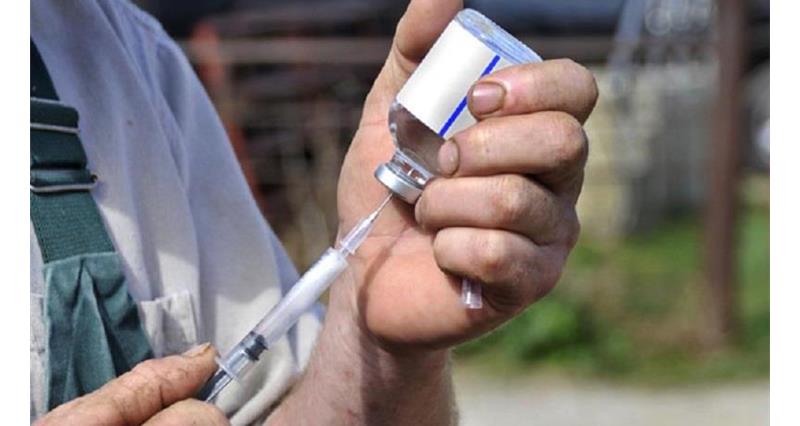There is currently limited availability of local anaesthetics licensed for use in food producing animals due to a manufacturing issue of a component used to make it.
The availability will depend on what each veterinary practice has in stock so there will be variation amongst vet practices.
While availability of local anaesthetic licenced in the UK for cattle is very limited, the vet practice can organise an import for an alternative product under a special import licence through the Veterinary Medicines Directorate (VMD).
This is a process which cannot be dealt with centrally but has to be managed by each veterinary practice. The VMD is aware of the issue and are accepting applications for imported alternatives. We are aware of one company already importing product into the UK from Europe.
The British Cattle Veterinary Asscociation (BCVA) has issued some guidance to vets on the need to use anaesthetics:
- Where possible calves could be castrated using rubber rings, but colleagues are reminded that this is only legal in the first seven days of life.
- Regrettably it may be necessary to postpone some routine procedures to conserve available local anaesthetics for emergency surgery.
- Techniques that use less anaesthetic might be preferable, for example paravertebral blocks rather than local infiltration for caesarean sections.
- Sedation with xylazine may reduce the amount of local anaesthetic required in some situations. Colleagues are reminded of the importance of multi-modal analgesia and incorporation of non-steroidal anti-inflammatory drugs and xylazine when appropriate, although neither of these drugs provides anaesthesia so are supplemental rather than replacements for local anaesthetics.
- We have a duty to maintain animal welfare, undertaking routine procedures without anaesthetic cannot be justified.
Farmers are advised to discuss any concerns with their private vet.
